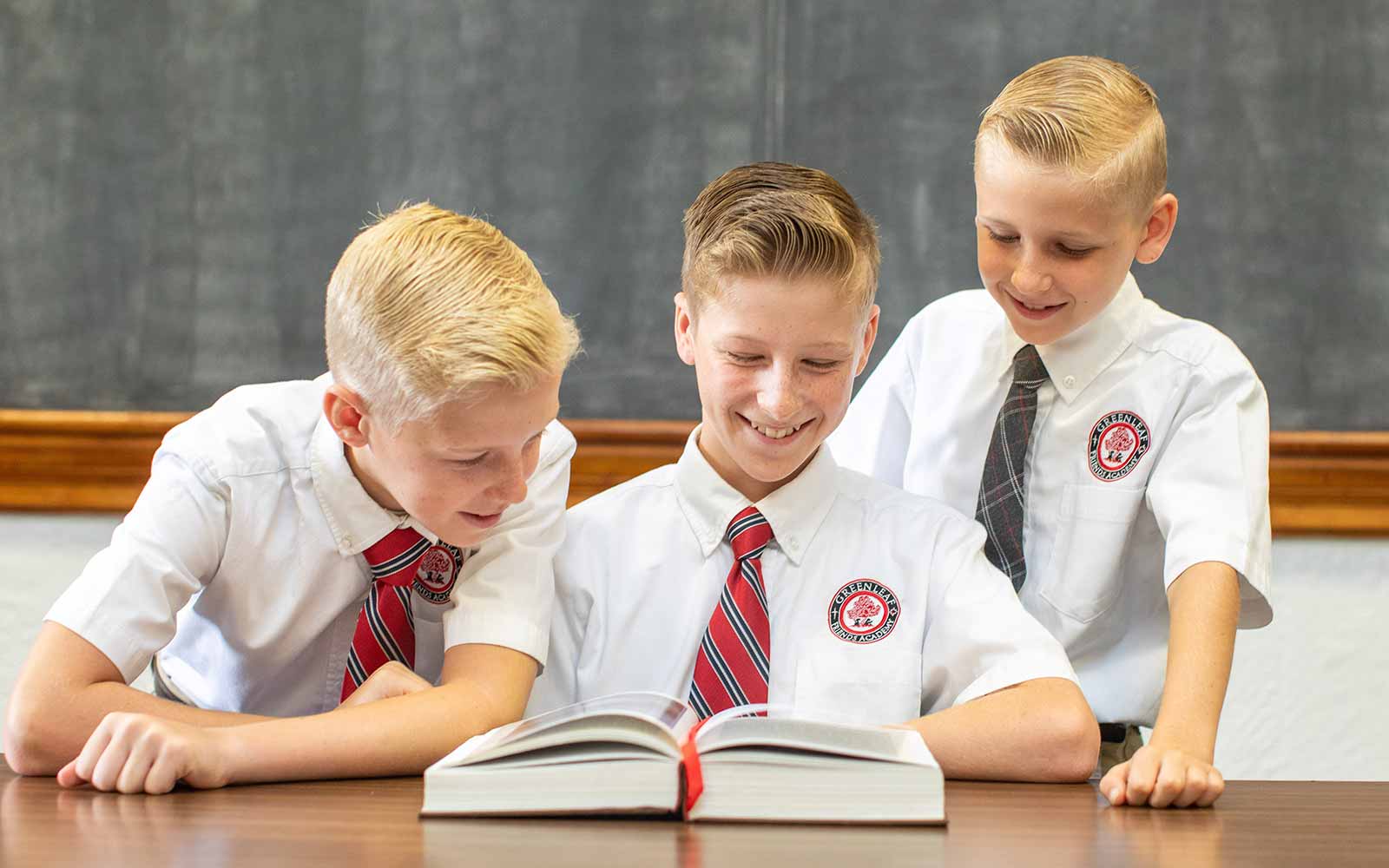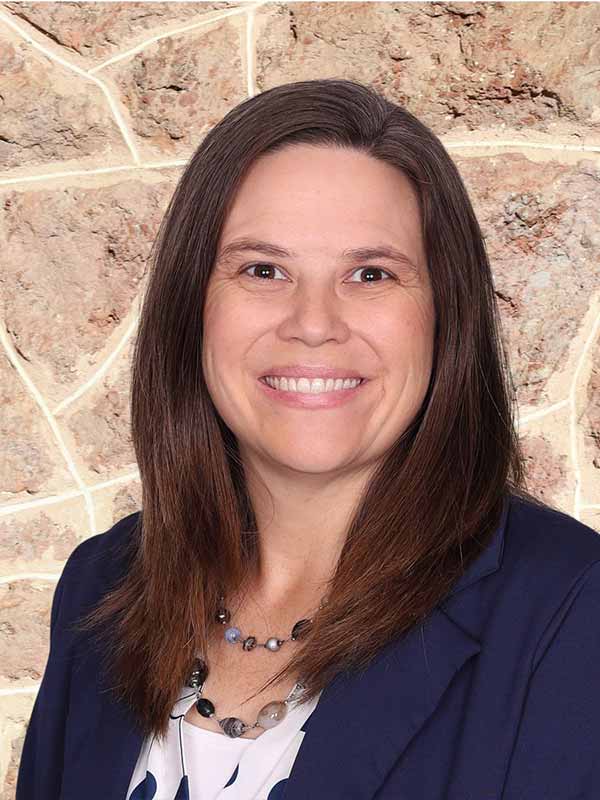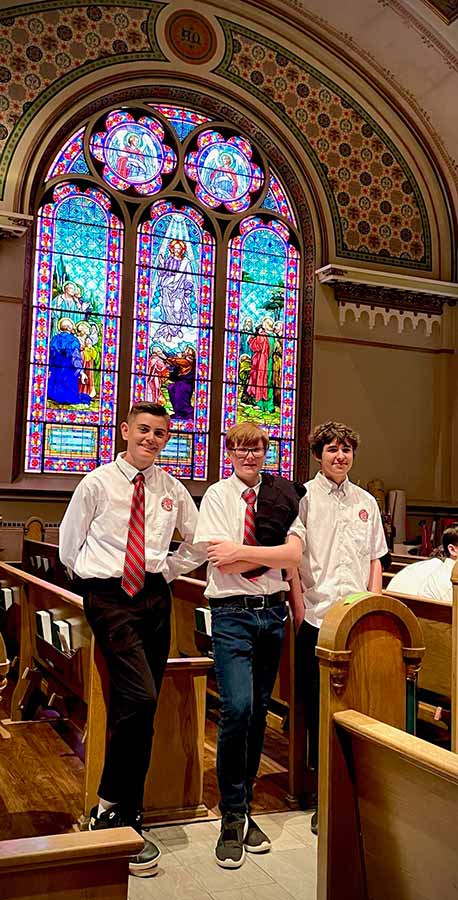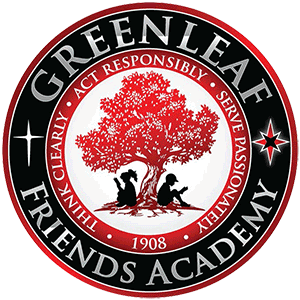
Education as Formation
The telos of a thing is its full, God given purpose, what is was created to do. Consider for a moment a kitchen table. In a typical family home, the dinner table can serve many purposes: it can serve as a stool to change a light bulb in the chandelier; it can serve as a folding table to fold clothes; it can serve as a wrapping counter to wrap presents; but a dinner table’s telos – that full purpose for which it was designed and created – is to serve as a communal location for a family to sit down together and enjoy a meal. So it is with education: education can serve many different purposes, but there is one purpose that is education at it’s fullest, and that is the formation of the human soul.
At the heart of classical Christian education is the knowledge that each student first and foremost – before they are a future accountant or physician or farmer – is an eternal soul created in the image of God. The human soul is not a static thing that never changes, but it is a dynamic thing that grows strong (or weak) with every decision we make, every action we take, every habit we form. This process of the soul being formed into the image of Christ is the cultivation of Christian virtue, and that is the highest, best aim of education. C.S. Lewis in his book Mere Christianity described this process best when he wrote:
“[E]very time you make a choice you are turning the central part of you, the part of you that chooses, into something a little different from what it was before. And taking your life as a whole, with all your innumerable choices, all your life long you are slowly turning this central thing either into a heavenly creature or into a hellish creature: either into a creature that is in harmony with God, and with other creatures, and with itself, or else into one that is in a state of war and hatred with God, and with its fellow creatures, and with itself…. Each of us at each moment is progressing to the one state or the other.”
Secular progressive educators are often most concerned primarily with skills training, which they anchor around what are called “SWBATs,” which stands for “Students Will Be Able To….” SWBATs are lists of skills secular progressive educators hope students leave their schools with. In course curriculum you are likely to see things like ‘Student will be able to balance a chemical equation’ or a ‘Student will be able to construct a 5 paragraph descriptive essay.’ While these are not bad goals, classical Christian teachers and parents understand that they are not the best, highest goals; they are secondary targets mistaken for primary ones. Classical Christian education is more concerned with who students are than what students can do. It strives to replace the SWBAT with the SWBe — “Student will be….” This priority is reflected in the Desired Outcomes of a GFA Graduate, which can be read as goals like: student will be faithful and rational; student will be loving and kind; student will be inspired by beauty wherever they encounter it in the world, etc.

STACIE WORKMAN
K – 12th Counselor, IDLA Coordinator
Quicklinks

